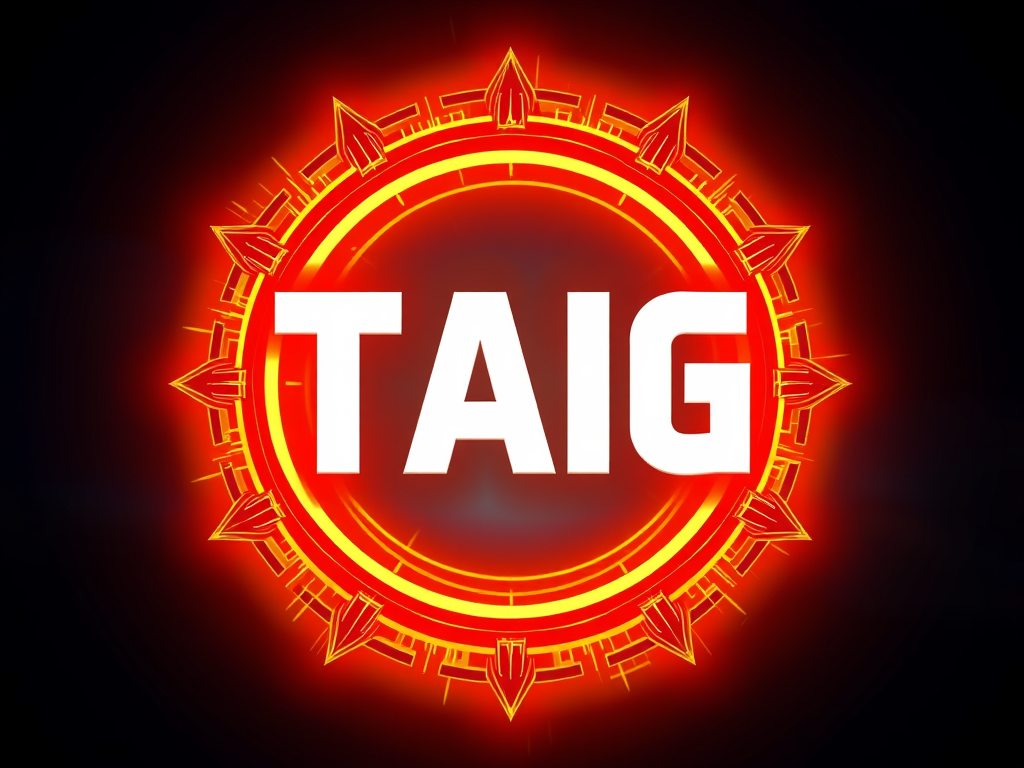Impact of Smartphones on Modern Computing
Smartphones have transformed the contemporary computing environment by fundamentally altering how people interact with technology. Their smartphone influence is evident in the shift from traditional desktop computing to mobile-first operations. Through seamless integration with cloud services, smartphones serve as hubs that enable constant access to data, applications, and communication channels anywhere, boosting efficiency and connectivity.
Recent data underscores the rapid digital transformation propelled by smartphones. For instance, billions of users rely daily on these devices not only for communication but also for activities such as online banking, remote work, and multimedia consumption. This ubiquity has pushed software developers to prioritize mobile-friendly applications and cloud-based solutions, making smartphones integral to modern computing ecosystems.
Additional reading : How do UK consumers choose smartphones for gaming purposes?
Moreover, the smartphone influence extends beyond hardware to behavioral patterns. Users develop habits centered on instant access and multitasking, redefining productivity and interaction norms. This evolving reliance reflects the broader digital transformation where computing power is increasingly decentralized.
In summary, smartphones are at the core of today’s computing revolution, melding powerful hardware with cloud connectivity to shape the way information is accessed, shared, and processed in modern society.
Additional reading : Exploring the ripple effect: how uk smartphone trends shape the future of computing technology
Advantages of Smartphone Use in Daily Life and Work
Smartphone benefits dramatically reshape productivity by enabling work beyond traditional office spaces. The mobility smartphones provide allows users to perform tasks on-the-go, from checking emails to collaborating on projects in real-time. This flexibility directly supports faster decision-making and continuous workflow, crucial in today’s fast-paced environment.
Another significant advantage is improved connectivity. Smartphones maintain seamless links across personal and professional networks via calls, messaging apps, and social media. This persistent connection enhances coordination and responsiveness, which are vital for both business and personal relationships.
Access to information is vastly enhanced by smartphones. Instant retrieval of data through cloud services and apps feeds into informed choices, helping users stay updated and prepared. This immediacy complements the ongoing digital transformation, emphasizing the importance of real-time data in modern workflows.
Moreover, these benefits encourage a balanced integration of technology into everyday lives, supporting work-life harmony by offering tools that handle both personal management and professional duties efficiently. Smartphones thus act as essential enablers of modern productivity, combining mobility, connectivity, and rapid information access into one compact device.
Key Challenges Associated with Smartphone Usage
Smartphone challenges are increasingly significant in our contemporary computing environment. Security concerns remain paramount. The smartphone influence on daily computing raises risks, as devices often store sensitive data vulnerable to breaches. Privacy issues arise because apps and services frequently collect extensive user information, sometimes without clear consent. This raises questions: How secure is your personal data on smartphones? The answer lies in the variable strength of encryption and user awareness, which differ widely.
Digital distractions are another major smartphone challenge. Notifications, multitasking demands, and addictive app designs contribute to fragmented attention spans, reducing focus and productivity. This constant interruptions cycle complicates maintaining efficient workflows despite the device’s advantages.
Device compatibility further complicates integration efforts within the broader computing ecosystem. Diverse operating systems and hardware configurations can cause software to function unevenly, impacting user experience and continuity.
Addressing these challenges involves employing robust security protocols, practicing mindful usage, and advocating for standardized software integration. Recognizing these smartphone challenges is vital to mitigate negative effects while leveraging their pivotal role in the ongoing digital transformation.
Expert Perspectives and Real-World Examples
Experts emphasize that the smartphone influence profoundly shapes both individual behavior and organizational practices. Cybersecurity analysts highlight persistent privacy concerns, noting that many users underestimate risks despite frequent data breaches. Real-world impact appears clearly in workplaces where smartphone use boosts productivity but also introduces vulnerabilities if devices lack proper security measures.
Case studies from education illustrate similar dual effects: smartphones enable interactive learning and immediate access to resources, enhancing engagement. However, digital distractions remain a significant challenge that educators and students must manage consciously.
User experiences reveal that while smartphones facilitate connectivity and convenience, overreliance can impair attention and work-life balance. Professionals in digital wellness stress mindful usage as vital to maintaining focus and mental health amidst constant notifications and multitasking pressures.
Analysis of smartphone trends confirms rapid adoption across demographics, driven by mobility and accessibility. Still, the evolving landscape demands continuous adjustments in security, usability, and digital wellbeing strategies. These expert insights provide a balanced understanding of how smartphones transform daily life, highlighting that awareness and proactive measures are key to maximizing benefits while mitigating pitfalls.
Impact of Smartphones on Modern Computing
The smartphone influence is pivotal in accelerating the digital transformation of our contemporary computing environment. Smartphones foster new digital habits, shifting how users consume and process information daily. For example, the seamless integration with cloud services allows direct access to data and applications, decentralizing traditional computing models. This integration facilitates a continuous connection between devices and online infrastructure, enabling real-time updates and collaborations from virtually anywhere.
Recent patterns show billions of users worldwide incorporating smartphones into their routines, not just for communication but for activities like remote work, multimedia streaming, and mobile payments. These trends signify a shift from static, location-dependent computing to dynamic, mobile-centric ecosystems. As software developers prioritize mobile-optimized designs, smartphones emerge as essential tools shaping computing trends, impacting everything from interface design to data security protocols.
This ongoing transformation also influences how systems handle data synchronization and user identity across platforms. Ultimately, smartphones redefine computing by blending portability, connectivity, and cloud integration, crafting a modern digital experience that constantly evolves with emergent technology and user behaviors.
Impact of Smartphones on Modern Computing
The smartphone influence profoundly transforms the contemporary computing environment by reshaping digital habits and accelerating digital transformation. Smartphones prompt users to favor mobile, instant interactions over traditional desktop experiences. This shift impacts not only how information is consumed but also how applications are designed, optimized for touch interfaces and intermittent connectivity.
A key aspect is the integration of smartphones with cloud services. This integration enables seamless data synchronization, real-time updates, and collaboration across devices, effectively decentralizing computing power. By connecting users to cloud-based infrastructure, smartphones bridge local processing with distributed computing resources, fostering a more dynamic and responsive digital ecosystem.
Recent data highlights rapid smartphone adoption globally, with billions relying on these devices daily for communication, commerce, and work. This widespread use catalyzes ongoing digital transformation, pushing industries to prioritize mobile accessibility and cloud interoperability. Such patterns emphasize smartphones as essential nodes within the modern computing landscape, driving innovation in software architecture, security protocols, and user experience tailored for mobility and connectivity.

